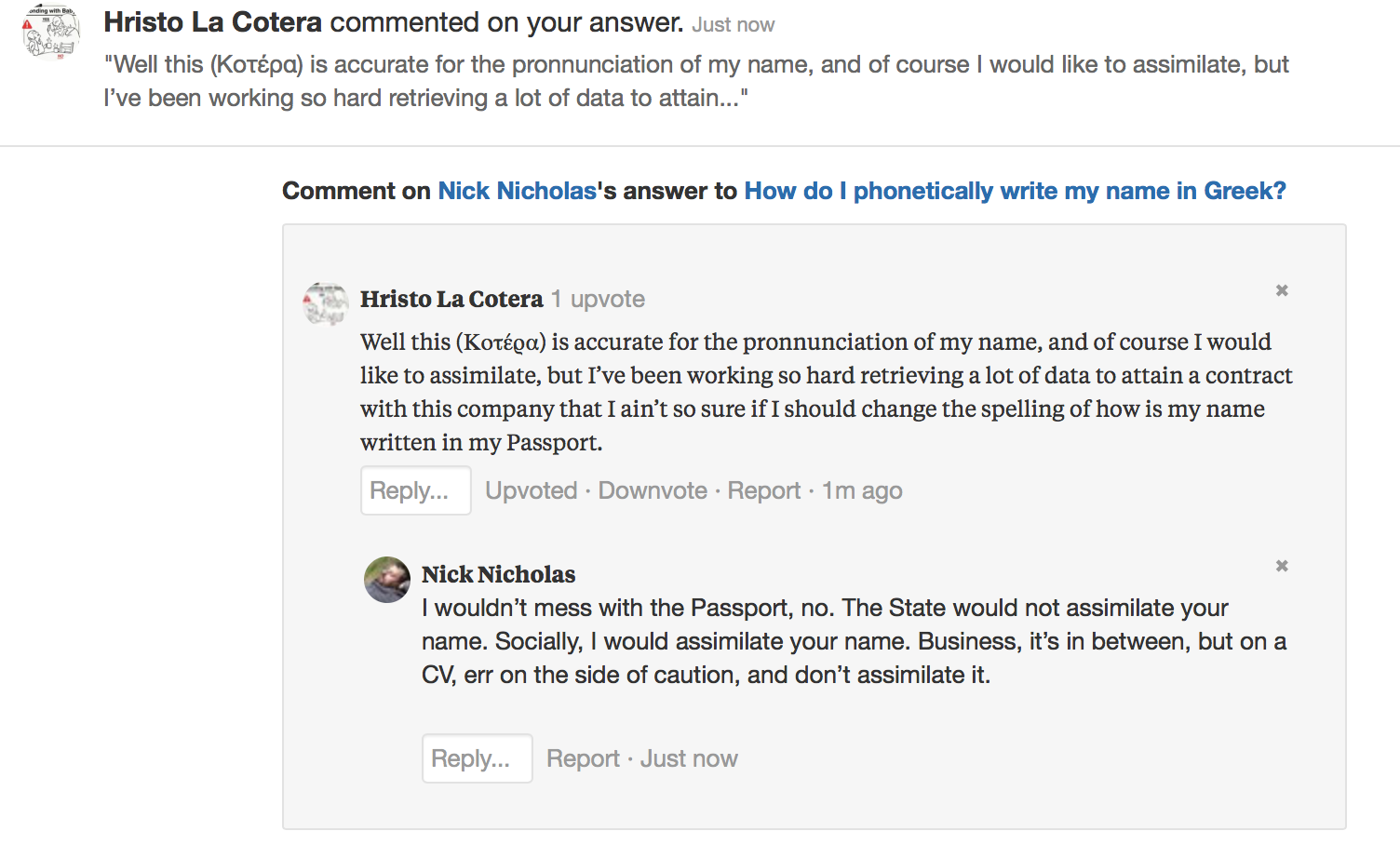Quora has hired freelancers to write questions in the past couple of months; see screenshot at the end.
We are looking for talented individuals who are highly motivated, have excellent written communication skills, and work efficiently and independently.
Quora is a platform where users can ask any question and get answers from real people with first-hand experience. You will write incisive and insightful questions to be answered by real-world experts on our platform. This role requires 5-10 hours per week, all remote.
Responsibilities:
- Write interesting and thoughtful questions in an assigned field, intended to be answered by real-world experts on Quora
Things we look for include:
- Bachelors degree, or working toward one
- Background in journalism is helpful but not required
- Excellent written and verbal communication skills
- Strong editorial judgement and attention to detail
- Interest in technology, higher education, and/or finance, as those are the areas you will be asking questions in
- Organization and efficiency
- Ability to work independently with minimal direction—
There are pros and cons to such a move.
Quora’s interest is in becoming a go-to resource for Internet research. In topics that it prioritises but it feels have not been well covered by questions to date, paying for questions is a strategy to seed good answers from its expert users. By addressing such gaps in their topic coverage, and paying for well-researched questions that are relevant to those topics, they ensure that when questioners begin at Google, they have the opportunity to end up at Quora.
On the other hand, many Quora users see themselves as a community (note that the Quora ad does not use that terminology). From a community perspective, the notion that people are paid to contribute questions may be disturbing to them. It’s a particularly delicate matter, as Quora is already awarding Top Question Writer awards to community members, who contribute questions for free. Many users have said that they want Quora to have better communication about their goals and policies. If there is a negative gut-reaction to the idea of Quora paying for questions, some of it will certainly stem from the lack of communication about it.
I think Quora should have considered how it would come across when a user accidentally stumbled on the job ad (as I have done), and I think Quora should have preempted any reaction by explaining that they were doing this—and that they still appreciate the freely contributed questions that come from the community.
You could argue there’s a slippery slope between pay-to-ask and pay-to-answer. As perusal of freelancing sites shows, people are already doing pay-to-answer on Quora, to boost their social media profile, but Quora has not been doing anything of the sort.
I would argue there is a difference between questions and answers, though. Questions are the stimulus to the content, but the answers are the content people come to see; that’s why answers are left as the user’s intellectual property, while questions belong to the community and not the user. As Yishan Wong pointed out so long ago (Yishan Wong’s answer to Why are my questions not answered on Quora?),
Quora is a great place to write answers and to read answers, but it is not a good place to get your own questions answered.
Quora hiring people to ask good questions does not detract from the independence and quality of the answers to those questions.



